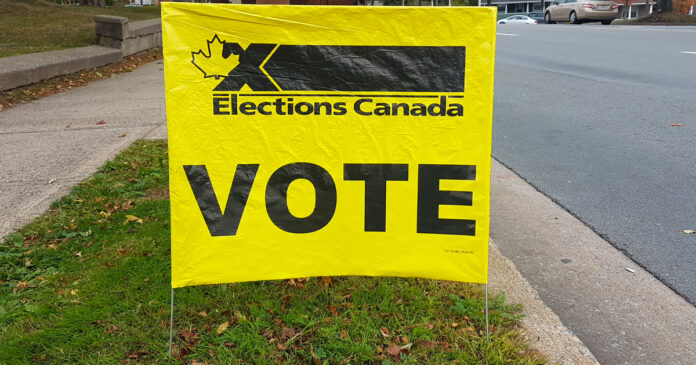An international organization of Islamic imams is calling for Hizb ut-Tahrir, the organizers of a “Khilafah conference” calling for the overthrow of all non-Muslim governments and the establishment of a global Islamic caliphate, to be listed as a terrorist entity in Canada.
Hizb ut-Tahrir is banned under that designation in the U.K. and Germany and has now rescheduled the conference to Feb. 9. It will take place virtually.
Even that is too much for the Global Imams Council (GIC), which penned a letter to Public Safety Minister David McGuinty calling for the group to be banned immediately.
“The GIC strongly urges the Government of Canada to make the terror designation of Hizb ut-Tahrir Canada an immediate priority,” the letter said. “This organization’s continued ability to operate, even after public exposure, demonstrates the urgent need for legislative and enforcement measures to restrict its activities and prevent further radicalization efforts.”
The council said rescheduling the event and moving it online represents a “dangerous escalation in cyber extremism” which allows the group to” disseminate radical narratives beyond physical borders, evade accountability, and continue recruiting and radicalizing individuals within Canada.”
It said listing the group as a terrorist entity was “imperative” before Hizb ut-Tehrir’s “radical agenda” further endangers Canadian society.
“Hizb ut-Tahrir Canada has been actively posting and amplifying anti-Canadian national security rhetoric, undermining public trust in democratic institutions and spreading inflammatory content designed to sow discord within communities,” the letter said.
Other terrorist and extremist groups, including the Taliban and ISIS, have similarly called for the establishment of an Islamic caliphate to govern the world.
“It is imperative to protect vulnerable Muslims in our community from radicalization and extremist narratives,” GIC said. “Proactive measures must be taken to counter these influences and ensure the safety and well-being of all Canadians.”
Hizb ut-Tahrir did not respond to True North’s requests to comment.
Dahlia Kurtz, an independent journalist and Jewish advocate, shared the letter on X reaffirming the urgency of listing the group as a terrorist entity.
“Hizb ut Tahrir is hosting a Caliphate Conference. Its goal is to defeat the West. the Global Imams Council is calling upon the government to stop it. You should too,” Kurtz said on X. “Speak up … before it’s too late.”
Other Jewish rights organizations, such as B’nai Brith Canada and the Centre for Israel and Jewish Affairs, have similarly raised alarms about the group’s operations in Canada.
When the conference was first announced, Salman Sima, a Muslim refugee from Iran, warned Canadians that the group’s vision for Canada would mean the implementation of sharia law, which advocates the death penalty for LGBT+ and the reversal of women’s rights in general. The conference has changed locations several times since then, following an outcry from various organizations, but Hizb ut-Tahrir continues to operate in Canada.



























